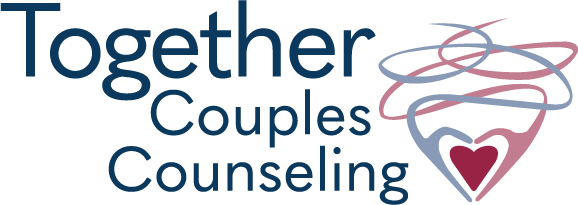Expectations exist in every relationship. They shape how you think about love, how you act toward your partner, and how you respond when things do not go as planned. Some expectations support connection and growth. Others create distance and conflict. Understanding which is which can be the difference between a relationship that feels supportive and one that feels strained.
The Role of Expectations in Relationships
Expectations are natural. They develop from family experiences, cultural messages, and past relationships. For example, you may expect your partner to handle finances because your parents divided tasks that way. Or you may expect frequent expressions of affection because that is what makes you feel secure.
Problems arise when expectations are rigid or unspoken. If you believe your partner “should just know” what you need, disappointment is almost guaranteed. Relational Life Therapy emphasizes that partners must name their expectations clearly and check if they are realistic. Unspoken rules often turn into resentments that build quietly over time.
Helpful Expectations
Not all expectations are harmful. Some support healthy functioning and stability. Helpful expectations often look like agreements rather than demands. They might include:
- Expecting mutual respect during disagreements
- Expecting honesty about important matters
- Expecting shared responsibility for family or household tasks
- Expecting effort toward intimacy and connection
These expectations align with healthy boundaries and shared values. They encourage accountability without placing unrealistic pressure on one partner.
Harmful Expectations
Unhelpful expectations often sound like “shoulds” or “always.” They leave little space for flexibility or individual differences. Examples include:
- Expecting your partner to meet all of your emotional needs
- Expecting constant agreement or harmony
- Expecting your partner to read your mind
- Expecting perfection or flawless behavior
These expectations can hurt both partners. One feels pressured to deliver the impossible. The other feels unseen or unappreciated. Relational Life Therapy teaches that these patterns often mirror old family dynamics. Identifying them helps couples break free from unrealistic demands.
How to Tell the Difference
You can ask yourself three guiding questions to evaluate an expectation:
- Is it realistic? Does this expectation consider human limitations and daily stressors?
- Is it mutual? Is this something both partners can reasonably agree to and uphold?
- Is it spoken? Has this expectation been clearly communicated, or are you assuming your partner knows it?
If the answer is “no” to any of these, the expectation may need adjustment.
Changing the Way You Approach Expectations
Changing your expectations does not mean lowering your standards or settling. It means adjusting them so that they are fair and possible. In Relational Life Therapy, couples learn how to negotiate expectations instead of assuming or demanding. This process allows both partners to feel heard and valued. Ways to practice this include:
- Naming your expectations out loud, even if they feel obvious.
- Asking your partner about their expectations instead of guessing.
- Negotiating differences by focusing on what is workable for both.
- Checking in to see if expectations still fit your current stage of life.
When Expectations Strengthen Relationships
When handled openly, expectations can strengthen trust. A couple who talks about how they want to manage conflict is less likely to escalate into hurtful arguments. A partner who shares their need for alone time gives the other the chance to understand rather than misinterpret distance. These conversations are not always easy, but they create the foundation for long-term growth.
Conclusion
Your expectations can either guide you toward deeper connection or push you toward disappointment. The difference lies in whether they are realistic, mutual, and spoken. Working with a therapist trained in Relational Life Therapy can help you uncover hidden expectations, challenge unhelpful patterns, and build healthier agreements with your partner.
If you’re struggling with unspoken rules or constant disappointment, therapy can help you sort out whether your expectations are helping or hurting your relationship. Relational Life Therapists, like me, provide tools to turn expectations into opportunities for closeness rather than conflict. Invest in your relationship and schedule an appointment today.






